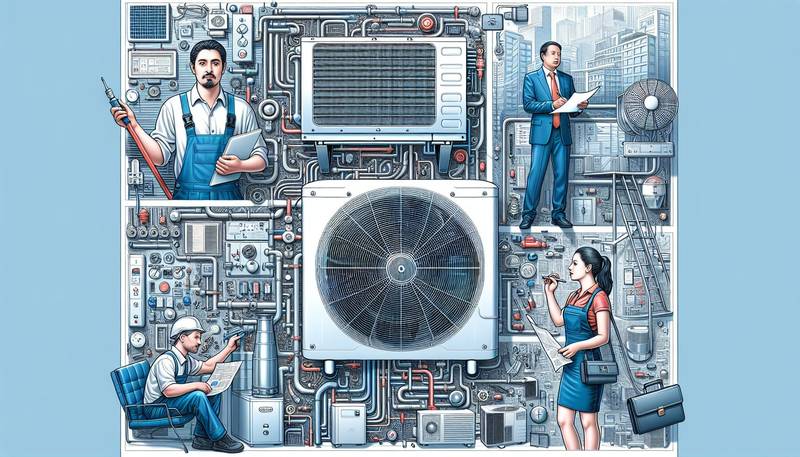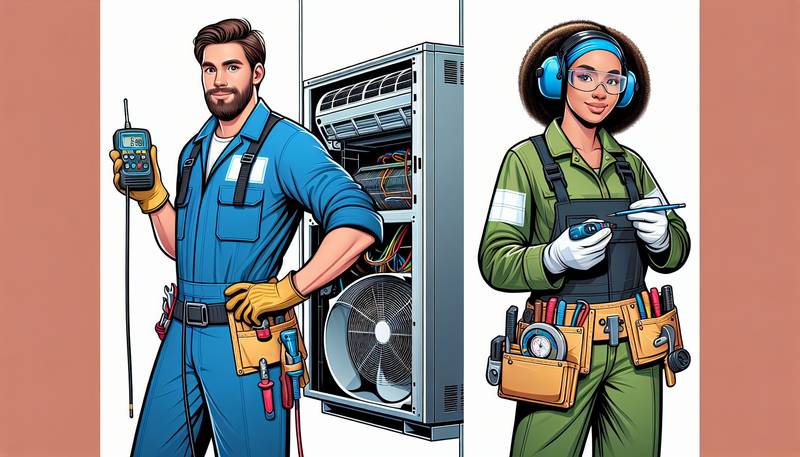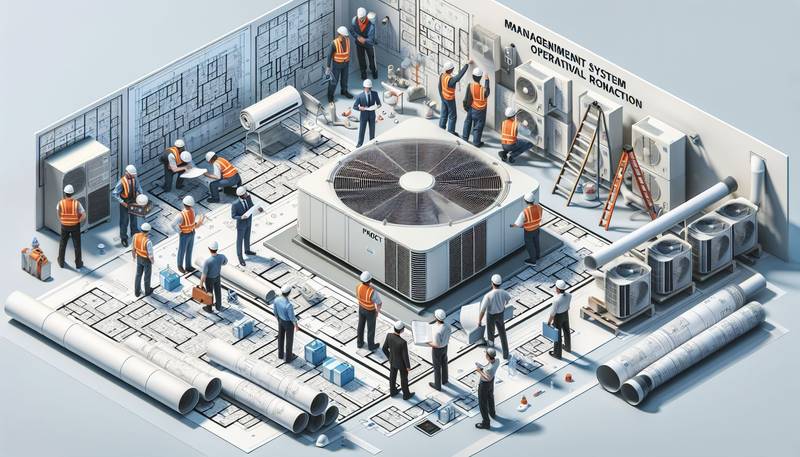Bridging the Gap: Training and Certifications for Aspiring Air Conditioning Professionals
For aspiring air conditioning professionals, obtaining the necessary training and certifications is essential for success in the field.
The Importance of Training and Certifications
Training and certifications provide aspiring air conditioning professionals with the knowledge and skills they need to excel in their chosen career. A comprehensive training program covers a wide range of topics, including HVAC system design, installation techniques, troubleshooting and repair, and safety procedures. By completing a training program, aspiring professionals can gain a thorough understanding of how air conditioning systems work and how to effectively maintain and repair them.
Certifications are another important aspect of becoming a successful air conditioning professional. Certifications demonstrate to potential employers and clients that a professional has met specific industry standards and has the skills and knowledge needed to perform the job effectively. In addition to boosting credibility, certifications can also lead to higher earning potential and increased job opportunities.
Choosing the Right Training Program
When choosing a training program, aspiring air conditioning professionals should consider factors such as program length, curriculum, hands-on training opportunities, and accreditation. A reputable training program should be comprehensive, covering all aspects of air conditioning systems and providing hands-on experience with real-world equipment. Additionally, aspiring professionals should look for programs that are accredited by industry organizations such as the Air Conditioning Contractors of America (ACCA) or the Heating, Refrigeration, and Air Conditioning Institute of Canada (HRAI).
Types of Certifications
There are several certifications available to air conditioning professionals, each focusing on a different aspect of the field. Some of the most common certifications include:
- EPA Section 608 Certification: This certification is required for professionals who work with refrigerants. It demonstrates knowledge of the safe handling and disposal of refrigerants and is essential for anyone who works with air conditioning systems.
- HVAC Excellence Certification: This certification is a comprehensive credential that covers all aspects of HVAC systems, including air conditioning. It demonstrates mastery of industry standards and best practices.
- NATE Certification: The North American Technician Excellence (NATE) certification is another widely recognized credential in the HVAC industry. NATE offers several specialized certifications for different aspects of HVAC systems, including air conditioning.
Continuing Education and Professional Development
Even after obtaining certifications, it is important for air conditioning professionals to continue their education and stay current with industry trends and technologies. Continuing education courses, workshops, and seminars can help professionals stay up-to-date on the latest advancements in air conditioning technology and best practices. By investing in ongoing professional development, professionals can enhance their skills, expand their knowledge, and advance their careers.
Conclusion
Training and certifications are essential for aspiring air conditioning professionals to succeed in the field. By choosing the right training program, obtaining relevant certifications, and investing in ongoing professional development, professionals can build a solid foundation of knowledge and skills that will help them excel in their careers. With the continued growth of the HVAC industry, there has never been a better time for aspiring air conditioning professionals to bridge the gap between education and industry expertise.











